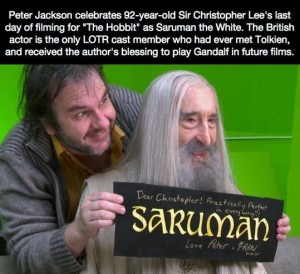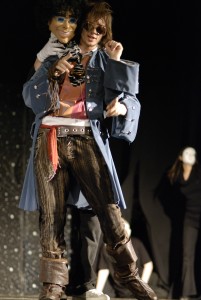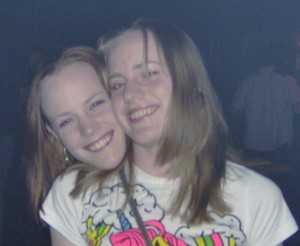One writer in their time plays many parts to mess about with Shakespeare.First off, you have to be all the characters in your work. Every one of them – whether you do CGI in your head or method act them out for real*, they all have to come from you. Secondly, you have to inhabit any number of roles on your own behalf: writer of synopses, self-promoter-who-isn’t-a-pain, party-goer transformed from hermit …
* a dangerous pursuit in the Co-op
A. The Theatre of Creation
You have to write absolutely in the present . You cannot go back, the moment’s gone. You might have the sets and props and machinery around you. You might have a rough script. But the movement is always forward.
This may well explain the drive and popularity of first person present tense narratives. It’s you, on the playground, winging it. And for me, it’s when strange notions come from nowhere and I ‘get’ characters.
B. On the Editing Set
Revising needs film-acting skills. Being able to move from Act I sc5 to Act 3 sc2 without losing continuity – yet maintaining awareness of what has happened in-between. Redoing it for the umpteenth time – and keeping your enthusiasm alight.
At least you can have prompts and cheat sheets and no-one will know. All the crutches disappear on the cutting room floor, so to speak. But my, do I admire both sorts of acting!
 This post is dedicated to the late Sir Christopher Lee, a creative hero of mine. The breadth of his work is astonishing, and his zest for life remains an inspiration.
This post is dedicated to the late Sir Christopher Lee, a creative hero of mine. The breadth of his work is astonishing, and his zest for life remains an inspiration.
‘The Impossible Dream’ is, in my opinion, one of the greatest songs ever written. Here is a man, an old man, a very old man full of daring, bravery, courage, determination, romanticism and dreams.
Christopher Lee
Thank you, Sir, for sharing your impossible dreams.


